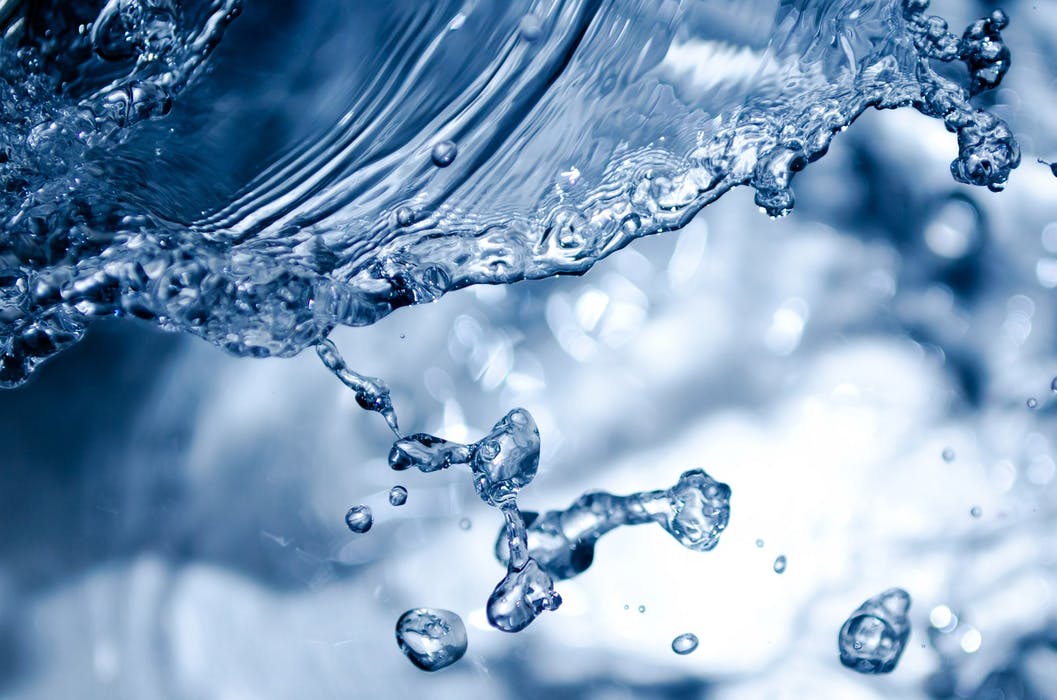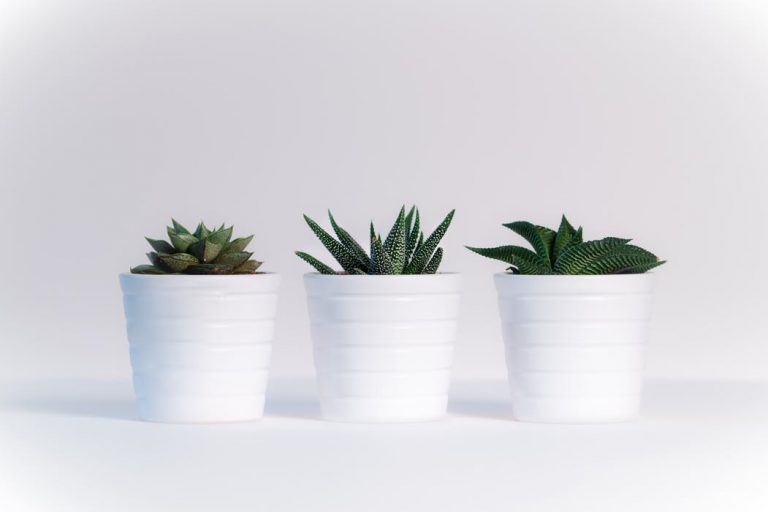
It’s hard for some people to wrap their heads around water scarcity. Isn’t the world three-fourths water? We’re the little blue planet, after all! How hard can it be to find fresh water?
As it turns out, only two and a half percent of the Earth’s water is considered “fresh.” The rest is salt water – which is what’s found in the world’s oceans and seas. On top of that, much of the world’s freshwater is deep in the ground or frozen up in the mountains, making it almost impossible to access. Long story short, freshwater is harder to find than one might think.
The reality, from an environmentalist point of view, is that water conservation will be a critical component of 21st-century infrastructure and individual lifestyle. Otherwise, civilization as we know it stands to collapse at some point over the next hundred years.
Fortunately, science and industry are on the job. While political obstructions continue to interfere with common sense approaches to conservation, much of the world’s brain trust is determined to find ways to solve the clean water crisis looming over the horizon.
Considering the aforementioned observation that water is really everywhere – it’s just too salty or otherwise undrinkable – the key to water conservation is undoubtedly through advanced water filtration. While refined desalination techniques have existed for decades, their high cost and slow implementation rate make them impractical in most circumstances. Solutions for the water crisis need to be simpler and consequently more cost-effective.
One of the most promising developments in advancing water filtration has been in the form of graphene, the strongest and thinnest material known to humankind. A sheet of monolayer graphene is water permeable but keeps out everything else – a simple water filter. Of course, as anyone with knowledge of graphene can attest, its production process is far from simple; the research which got us to the point of making graphene an affordable option for water filtration netted the Nobel Prize for the scientists involved.
Yet, if the trend of continuing cost-reduction of graphene production continues thanks to chemical vapor deposition, it’s by far the most promising water filtration option on the table as of 2018. Consider, for instance, how a graphene water filter turns whiskey from its signature brown color to a crystal clear liquid.
If it can turn whiskey into drinkable water, there’s little doubt of a layer of graphene’s ability to be the difference between salt water which can be lethal if consumed and freshwater which could save a life. While graphene isn’t the only option on the table when it comes to emerging water treatment technologies, it’s proving difficult to find one with as much potential for scalability.
And when it comes to the key to successful water conservation going forward, scalability will be front and center. After all, the overwhelming majority of those who are at the heart of water usage are involved in agriculture or industry, two groups which put a heavy emphasis on finding the most affordable path to achieving their objectives.
While it’s “water water everywhere”, looks can be deceiving. What we’re really after is freshwater – affordably accessible freshwater no less. The frontier of water conservation is, therefore, a matter of finding the most practical way to filter the water we’re surrounded by. It would appear – cloaked in a layer of cautious optimism of course – that humanity is on its way there.





Leave a Comment